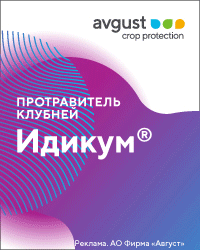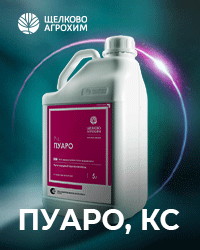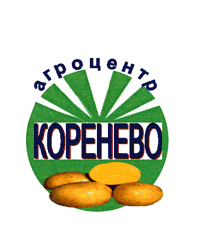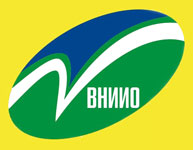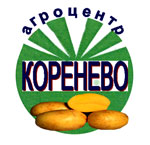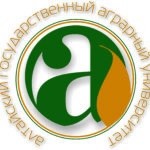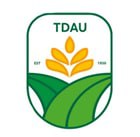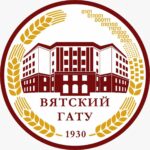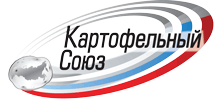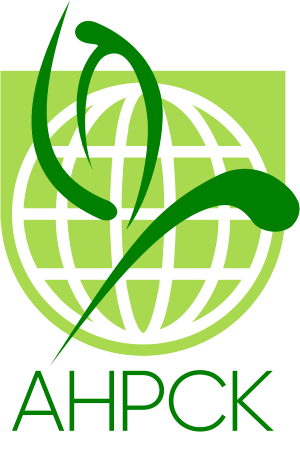UDC 631.5:635.21
https://doi.org/10.25630/PAV.2022.11.32.004
Kalinin A.B., Teplinskii I.Z.
At present, potato growing in Russia is particularly acutely affected by adverse weather conditions associated with global climate change. Long-term observations of weather phenomena in the Moscow region have shown a steady increase in the sum of positive temperatures and an increase in the unevenness of precipitation. Due to the fact that soil moisture is one of the main factors determining potato yield and its quality, in order to ensure stable moisture supply to plants when weather factors deviate from normal values, it is necessary to create conditions for the accumulation of moisture, its retention in the root layer and the unhindered spread of the root system inside the soil horizon. The use of heavy energy-saturated aggregates in the implementation of intensive potato cultivation technologies leads to a violation of the natural composition of the soil and a significant deterioration of the moisture supply regime of its root system, and in the long absence of precipitation, over-compaction leads to overheating of the soil to a depth of more than 50 cm, which leads to additional drying of the root layer. In order to optimize the moisture supply regime of plants, there is a need to improve mechanized technological techniques used in potato cultivation, aimed at increasing plant resistance to stress from the action of climatic factors. To reduce the negative impact of the consequences of global climate change, it is necessary to use biologized soil preparation technology aimed at saturating the upper soil layer with plant residues of sideral crops, to improve the technological process of potato planting units, to eliminate compacted zones in the aisles by using row cultivators-deep-diggers immediately after the passage of the planting machine with diy holes in the wake of deep-diggers. The free development of plant roots to a considerable depth provides resistance to stresses caused by deviations of climatic conditions from normal values. The application of the proposed improvements in potato cultivation technology can be implemented in various soil and climatic conditions. This will minimize the effects of global climate change and ensure the stability of production in various regions of potato cultivation.
Key words: global climate change, biologized technology, moisture supply, potatoes, farm machinery, environmental safety
Kalinin A.B., D.Sci. (Tech.), professor of the department of technical systems in agribusiness. E-mail: andrkalinin@yandex.ru
Teplinskii I.Z., Cand.Sci. (Tech.), professor of the department of technical systems in agribusiness. E-mail: teplinskij.igor.zinovevich@gmail.com
Saint Petersburg State Agrarian University (SPSAU)
- Devjatkina L.N. Potato production: global and national discourses. Bulletin NGIEI. 2018. No5(84). Pp. 122–134 (In Russ.).
- Russia in numbers. 2021. Brief statistics collection. Moscow. Rosstat. 2021. 275 p. (In Russ.).
- Prospects for the development of the potato market in Russia and the world. V.V. Tul'cheev, S.V. Zhevora, M.Ju. Borisov, N.N. Gordienko. Problems of forecasting. 2020. No1. Pp. 117–122 (In Russ.).
- On the progress of the implementation of the state program for the development of agriculture and regulation of markets for agricultural products, raw materials and food. Analytical bulletin of the Federation Council of the Russian Federation. 2021. No9(769). Moscow. 2021. 176 с. (In Russ.).
- Ivashova O.N. et al. Cultivation of two crops in the conditions of the Moscow region. Moscow. RSAU – MTAA. 2021. 132 p. (In Russ.).
- Lapshinov N.A. Potato yield depending on moisture supply. Achievements of science and technology in the agro-industrial complex. 2009. No3. Pp. 26–28 (In Russ.).
- Shpaar D. et al. Potatoes. Torzhok. LLC Variant. 2004. 466 p. (In Russ.).
- Kalinin A.B., Teplinskij I.Z., Kudrjavcev P.P. Estimates of soil state parameters during technological processes of potato cultivation using intensive technology. Bulletin of the St. Petersburg State Agrarian University. 2015. No38. Pp. 288–293.
- Kolchin N.N., Ponomarev A.G., Zernov V.N. New equipment for potato growing. Potato and vegetables. 2019. No6. Pp. 26–29. DOI: 10.25630/PAV.2019.77.31.00. (In Russ.).
- Klimenko N.I. Resource-efficient technology and means of mechanization of potato cultivation: abstract of a thesis of D.Sci. (Techn.). Ryazan. 2006. 47 p. (In Russ.).
- Kalinin A., Teplinskii I., Ustroev A. Substantiation of tillage methods aimed at rational usage of water resources. Engineering for Rural Development. 17th International Scientific Conference (23–25 May, Jelgava). Jelgava. Latvia University of Agriculture. 2018. Pp. 392–399.
- Aleev B.A. Technology and equipment for deep loosening of over compacted soils. Tractors and agricultural machines. 2005. No2. Pp. 7–10 (In Russ.).
- Dovban K.I. Green fertilizer in modern agriculture: theory and practice. Minsk. Belaruskaya navuka. 2009. 404 p. (In Russ.).
- Decomposition of plant residues in the soil. Ed. by M.S. Gilyarov. Moscow. Nauka. 1985. 145 p. (In Russ.).
- Kalinin A.B., Teplinskij I.Z., Tejmurov T.Sh. Improvement of methods and means of reducing technological risks during the operation of machines for growing potatoes. Bulletin of the St. Petersburg State Agrarian University. 2021. No62. Pp. 178–190 (In Russ.).
For citing: Kalinin A.B., Teplinsky I.Z. Methods and means for managing moisture supply regimes during potato growing. Potato and vegetables. 2022. No2. Pp. 28-32. https://doi.org/10.25630/PAV.2022.11.32.004 (In Russ.).

